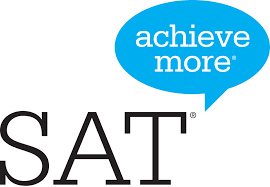If you are a high school athlete who aspires to compete in college sports, you should know about the college athletic recruiting process. Even if you don’t end up getting a scholarship, many intercollegiate athletes who don’t receive aid are still recruited to participate in sports at the collegiate level. The college recruiting process can be confusing. There are tons of recruiting rules that vary by division and the process for each prospective student-athlete can be extremely different.
In this article, I’ll explain the various steps of the college recruiting process. I’ll provide important advice for prospective student-athletes so that you’re able to reach your collegiate and athletic goals.
























